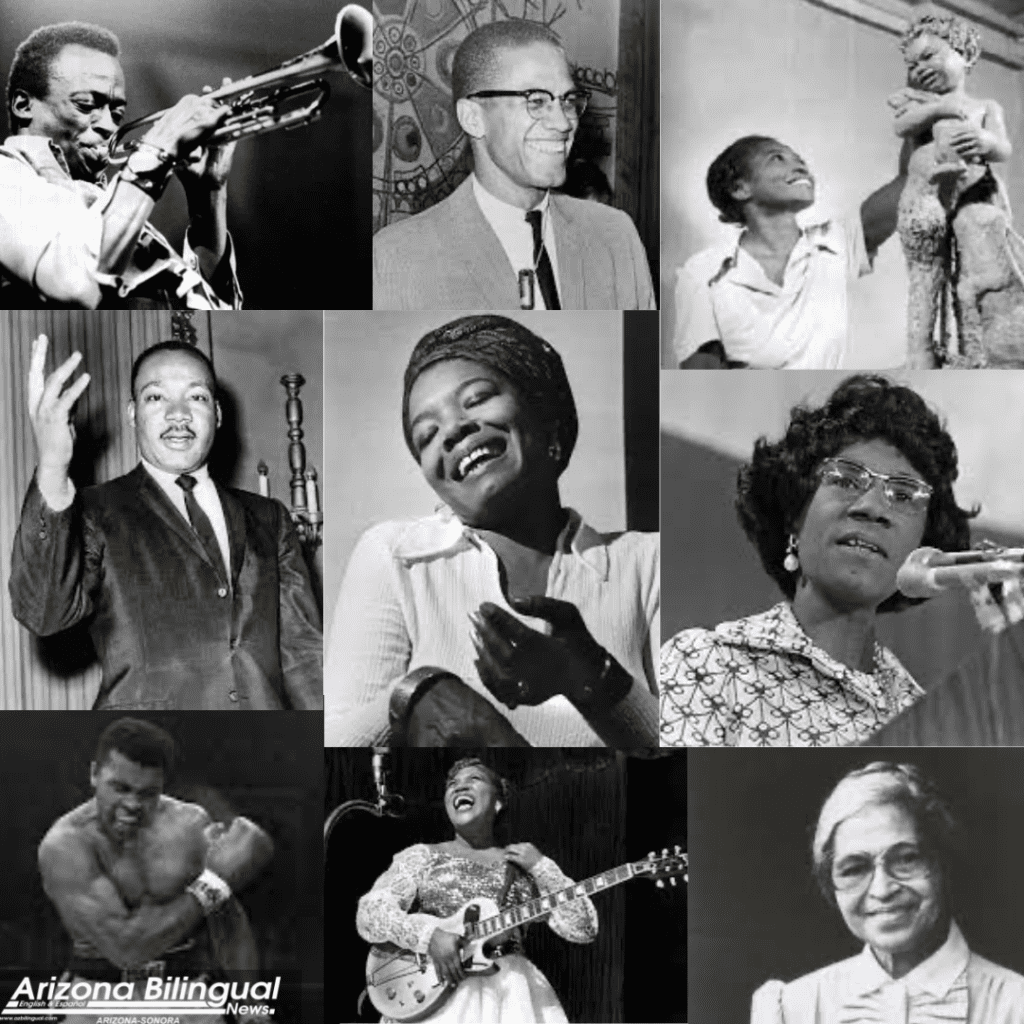For many decades now, February has been a month of great importance to millions of Americans because of the observance of Black History Month – a time of the year to share and celebrate the history, struggles, accomplishments, and contributions to society by African Americans in the United States. However, not many people are aware that the story behind this tradition began more than a hundred years ago, in 1915. In this short article, we will explain (in a very summarized way) how Black History Month originated in the country.
The tradition of Black History Month started not as a month, but as a one-week observance at first. Carter G. Woodson, a graduate of the University of Chicago and Harvard University, chose to organize the Association for the Study of Negro Life and History (ASNLH) with other of his fellow intellectuals in 1915. Initially, the organization started to promote the scientific study of Black life, yet as it grew in popularity among academic circles, more and more people shared the need to study the achievements made by Black Americans. Inspired by a three week-long celebration in Washington, D.C. commemorating the fiftieth anniversary of the Emancipation Proclamation by President Abraham Lincoln, which gave all slaves in the union their freedom, Woodson and ASNLH declared that the second week of February would be recognized as Negro History Week in 1926. This development was crucial to the study of Black history since few people chose to study it, and most textbooks of the time did not mention any of the events revolving African Americans.
Woodson believed February to be the best month because of tradition; black communities were already celebrating the birthdays of two important figures in their history in this month – Abraham Lincoln and Frederick Douglass – so building Negro History Week around these dates would allow the public to extend their study of black history instead of creating something new altogether. As this celebration grew outstandingly in reputation, so did the ASNLH.
By the time the Civil Rights Movement sparked in the 60s, people in West Virginia and Chicago had already started to celebrate Negro History Month during February by not only talking about the past achievements of African Americans in the country, but also about African consciousness. This awakening built a wave of people of all ages and ethnic origin that eventually led to President Gerald Ford recognizing and extending Black History Month to a national yearly observance in 1976. Since then, other countries like the United Kingdom, Canada, and Ireland have joined the United States in honoring the African diaspora worldwide.















More Stories
What is a credit score and how is it calculated?
Adopting vegetarian or vegan diets
We all dream of having a pet that is part of our family
April 22, International Mother Earth Day
We have two years to save the planet, warns the UN
The Tucson Roadrunners have announced dates for their 2024 WhiteOut Tour leading up to the Road to the Calder Cup